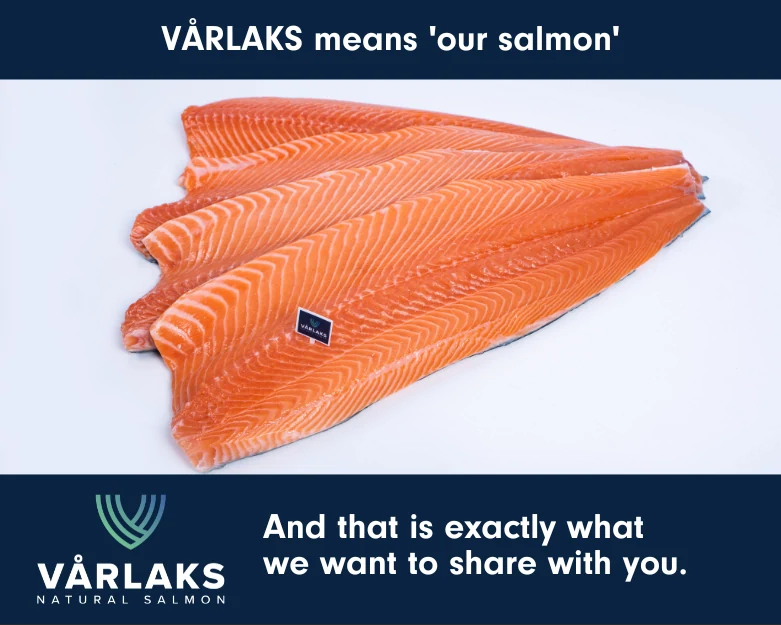Q3 2023 harvest volume stood at just 365 metric tons (HOG).
Land-based salmon farmer Atlantic Sapphire continues to experience operational challenges.
Temperature issues have resulted in reduced slaughter and lower revenues in the second half of 2023, with the temperature increases resulting in poorer water quality, which have in turn limited the feeding of the fish, according to the update from the Florida-based company.
The land-based salmon pioneer anticipates a harvest volume of approximately 300 metric tons (HOG) in Q4 2023, for a total of 700 metric tons in H2 2023.
In H1 2023, Atlantic Sapphire harvested 870 metric tons and forecasts a harvest of 700 metric tons in the second half of 2023, projecting a total of 1,570 metric tons for the year.
The company’s production is currently tracking at 30 percent below the previous year’s level and 12 percent lower than the 2021 production volume.
The report estimates reaching EBITDA breakeven toward the end of H1 2024, contingent on biological performance returning to June 2023 levels.
Temperature issues
Operational challenges stem from temperature-related issues that impacted growth in Q3 2023, leading to slower progress, with a net biomass gain of approximately 100 metric tons (RLW).
Despite more of the biomass showing signs of maturation than in September, the company expects a material uptick in biomass gain and harvest volume following the resolution of temperature-related problems in October 2023.
However, this may result in lower harvest weights and potentially a higher percentage of downgrades in H2 2023, leading to reduced harvest volume and revenue.
To address temperature issues, Atlantic Sapphire has installed new additional chillers, effectively stabilizing water temperatures around 14°C in saltwater systems.
A heat exchanger (pre-cooler) has also been fully engaged, contributing to temperature stability. Daily feeding is gradually increasing and approaching 20 metric tons.
It is hoped that the appointment of Mario Palma as Chief Operating Officer will strengthen the organization, according to the release.









